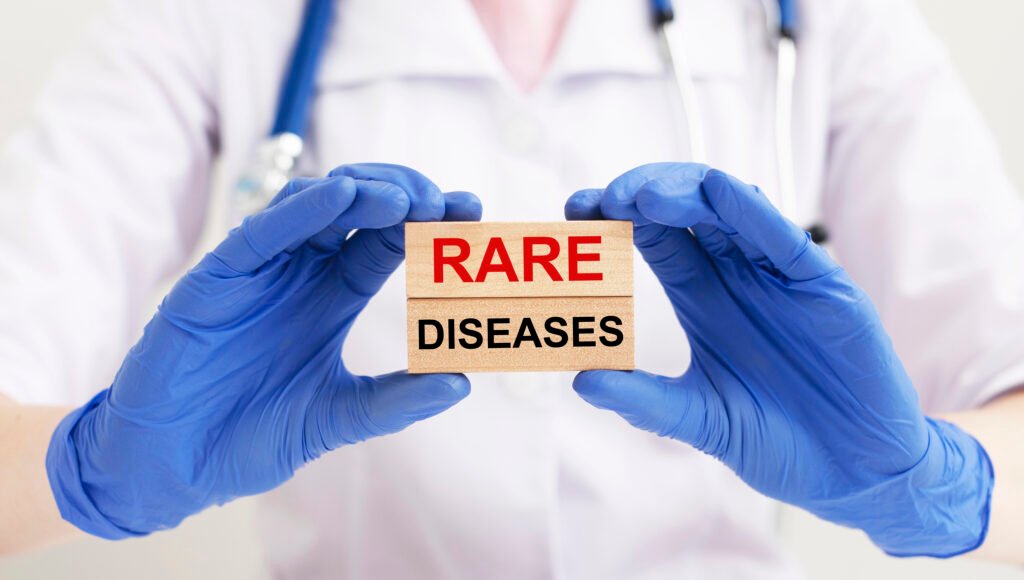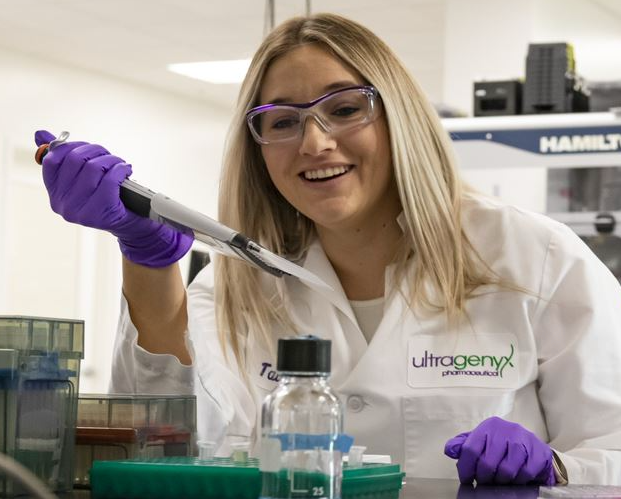Clinical research worldwide is rapidly transforming through new digital strategies—especially in the field of rare diseases. Recent months have seen major pharmaceutical companies and clinical trial networks deploy remote monitoring, eConsent, and AI-assisted data analysis in early-phase and orphan drug trials.
Rising Importance of Rare Disease Trials
With more than 350 million people affected globally, rare diseases are a growing priority for both industry and regulators. Companies are leveraging digital platforms to identify and recruit rare patient populations faster, improving the diversity and reach of clinical trials. This approach helps overcome challenges of small, geographically dispersed patient pools, which commonly slow recruitment efforts.
Digital Tools Expand Access, Boost Efficiency
Patient-centric digital tools—including real-time symptom tracking apps and remote sample collection—are making participation in early-stage trials less burdensome and generating higher-quality data on patient experience. AI algorithms are increasingly used to analyse complex biomarker and genomic data, unlocking new insights into disease mechanisms and potential therapies.
Regulatory Alignment and Global Opportunities
International regulators, including the FDA and EMA, are releasing new guidance to support the integration of digital strategies in trial design and data capture, promoting greater harmonization across major markets. Policymakers are encouraging industry to use these innovations to accelerate time-to-market for treatments targeting unmet needs in rare conditions.
Industry Voices
“Digital and decentralized models are absolutely critical for the future of rare disease trials,” said Dr. A. Kline, a U.S.-based clinical trialist. “Remote participation empowers patients and enables sponsors to launch multinational studies with unprecedented speed and flexibility.”
Conclusion
As competition intensifies and the focus on rare diseases grows, digital solutions are reshaping how sponsors, investigators, and patients approach clinical research. These innovations promise broader access, reduced timelines, and better outcomes—delivering new hope to the rare disease community around the world.















